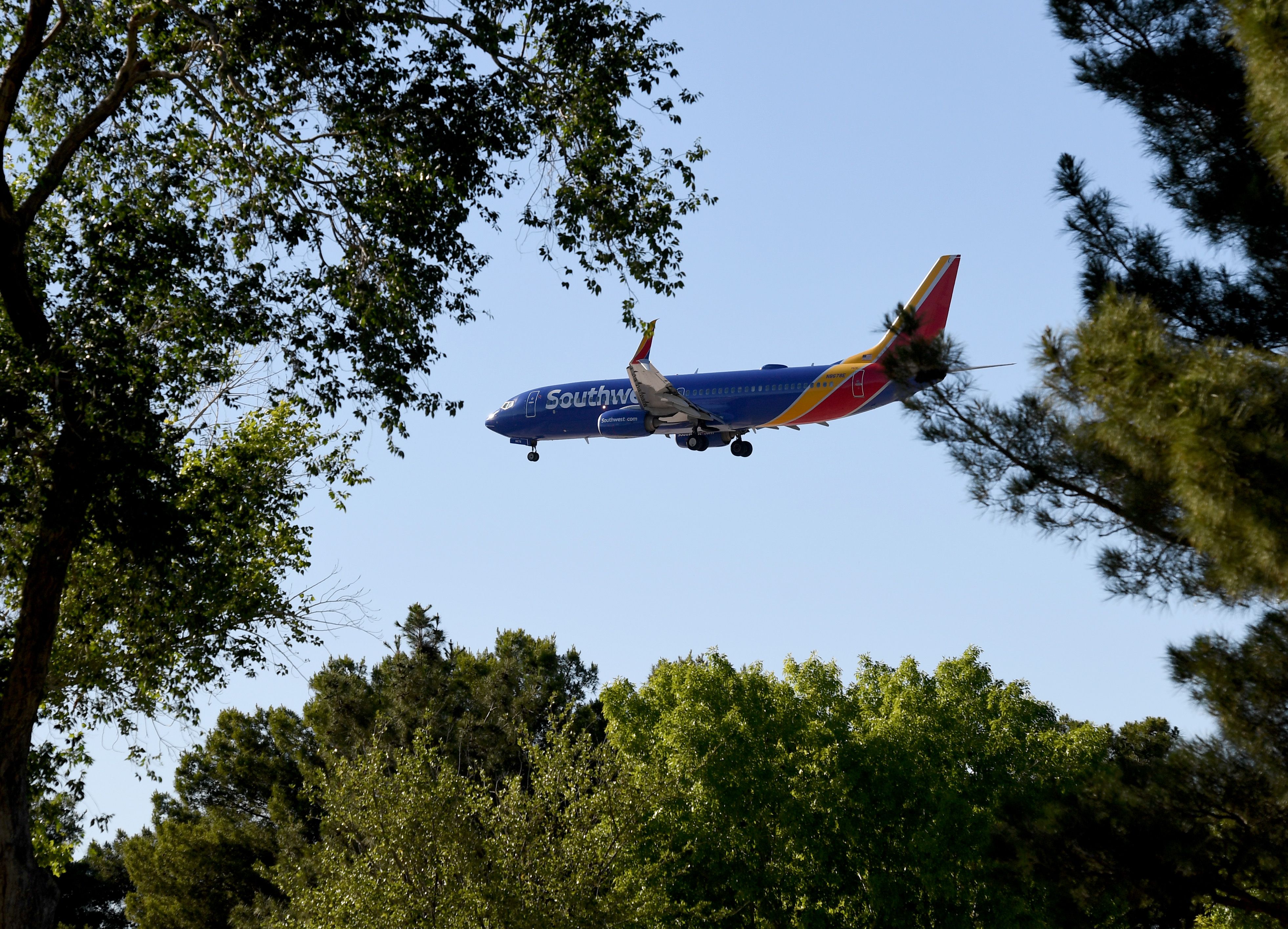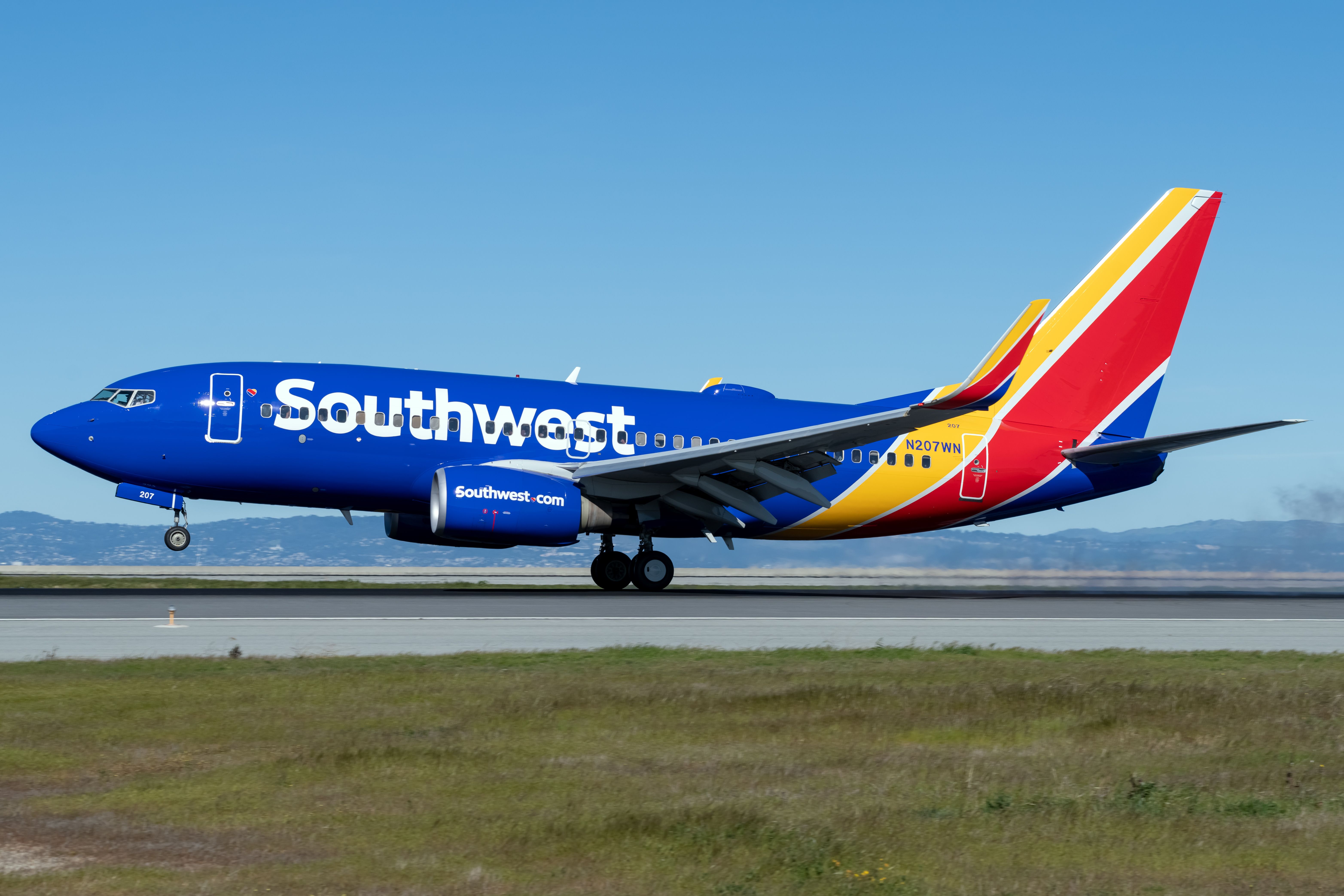Climate accounting is big business, as are emissions trading and carbon credits. Since carbon trading began, one of the major issues is ensuring that the CO2 is calculated correctly. The same difficulty shows up with sustainable aviation fuel (SAF), particularly as more and more companies are paying plenty of additional dollars to airlines in order to lower their Scope 3 emissions from business travel.Not all SAF is created equal, after all. Various feedstock will offer varying CO2 reduction over the lifespan compared to Jet A. Enter specialized rating agencies looking to ensure accuracy in carbon transactions particular to aviation, such as 4AIR, with whom Southwest Airlines has just partnered to make sure its corporate customers are getting the correct emission reduction they've bargained for.
Ensuring transparency
4AIR supports private and business aviation by helping source sustainable aviation fuel, providing access to carbon markets, and offering tools to calculate emissions reduction, among other strategies. But it also operates the first and only rating system focused on comprehensive sustainability in aviation. This is the company's first significant public agreement with a large commercial carrier. 4AIR President, Kennedy Ricci, stated,
“This industry-leading partnership with Southwest Airlines ensures transparency of its SAF emissions accounting for corporate customers. This step underscores Southwest’s commitment to SAF and the importance of moving the industry forward toward carbon neutrality by 2050.”
The world's largest low-cost carrier, Southwest, has indeed committed to net zero by 2050. Meanwhile, it also has an interim target of cutting carbon intensity by 20% compared to 2019 levels by 2030 and maintaining carbon-neutral growth, again based on 2019 numbers, for the remainder of the current decade.
Get the latest aviation news straight to your inbox: Sign up for our newsletters today.
Simple Flying had a conversation with the carrier's VP for Supply Chain Management and Environmental Sustainability earlier this year. You can read all about Southwest's ten-year sustainability plan here.
Reduction rights will help scale SAF in operations
Meanwhile, Helen Giles, Southwest Airlines’ Director of Environmental Sustainability, commented on the new partnership with 4AIR,
“We are excited to partner with 4AIR to offer corporate Customers participating in our SAF Beta Program with independently verified assurance for the Scope 3 emission reduction rights associated with their support of expanding SAF in our operations. We have processes in place to track emission-reduction rights for our corporate partners in the program, and we are proud to add this additional layer to verify that emission-reduction rights purchased have been correctly accounted for.”
Southwest is indeed one of the more prominent investors in sustainable aviation fuel, spread across several different feedstock and technologies. The airline has signed offtake agreements with Velocys and Neste, as well as Memoranda of Understanding with Marathon Petroleum Corporation and Phillips 66. Furthermore, in June this year, the airline announced an investment in SAFFiRE Renewables, a Department of Energy-funded pilot project looking to use corn stover for renewable ethanol that can then be upgraded to SAF. Meanwhile, 4AIR also just signed an agreement with GE Honda Aero Engines, as well as private aviation charter company Verijet.
Want to know more about sustainability in aviation?


